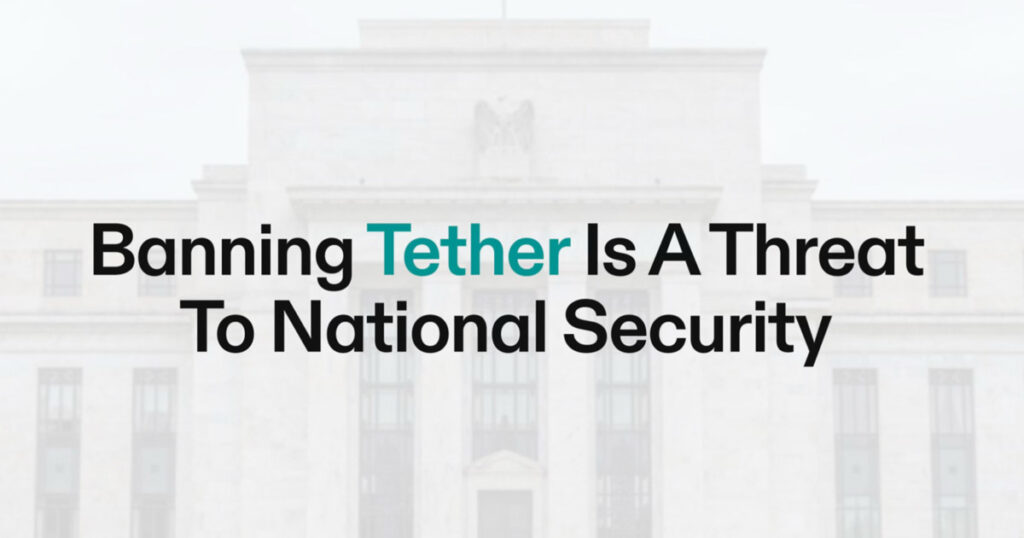The debate surrounding the potential banning of non-US stablecoin issuers like Tether from the US market is a hot topic in the cryptocurrency world. Tom Howard, Head of Financial Products and Regulatory Affairs at CoinList, argues that this approach is a significant policy error.
In his opinion piece, Howard highlights the importance of a robust global reserve currency thriving by exporting itself to foreign markets rather than pulling it back home. He references “Triffin’s dilemma,” a critical monetary principle that explains how exporting currency overseas strengthens international demand but risks domestic inflation if too much of that currency returns home.
Howard believes that stablecoin innovation presents an opportunity to export even more USD offshore, increasing USD’s strength and liquidity as a global reserve currency. He emphasizes that the market prefers non-US issued stablecoins like USDT over US-based issuers, citing user research that shows non-US stablecoins are seen as more autonomous and secure.
The article delves into the potential implications of banning non-US stablecoin issuers, including reduced USD liquidity globally, inflation risks, and geopolitical risks. Howard argues that forcing stablecoin issuers to reshore their USD reserves to US banks could exacerbate domestic inflation and weaken international USD liquidity.
Furthermore, Howard warns that banning non-US stablecoin issuers could create opportunities for foreign adversaries to displace the USD by offering USD-denominated tokens backed by foreign currencies or assets. He suggests that US policy should encourage more USD holdings in foreign bank reserves to strengthen the USD worldwide.
Instead of outright banning non-US stablecoin issuers, Howard proposes amending the Stablecoin Act to create exemptions for foreign-issued stablecoins. He suggests allowing these stablecoins to operate within the US with clear labeling as unregistered, higher-risk alternatives. This approach would encourage global innovation, enhance USD’s global usage, and maintain market-based competition.
In conclusion, Howard advocates for regulated coexistence rather than outright banning stablecoins like Tether. He believes that this approach would strategically bolster the dollar’s global position, mitigate inflationary risks, and foster continued innovation in financial technology worldwide.

